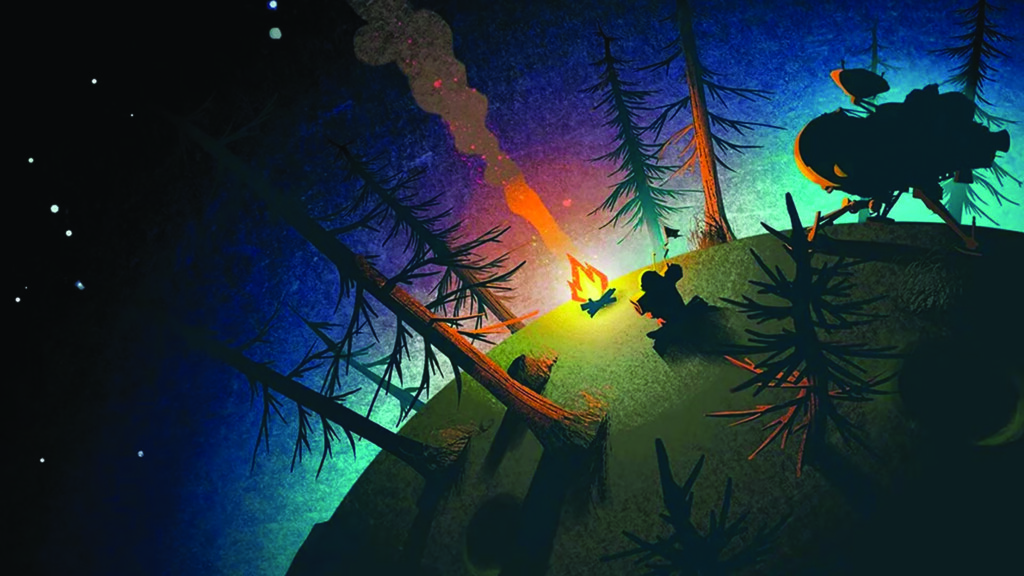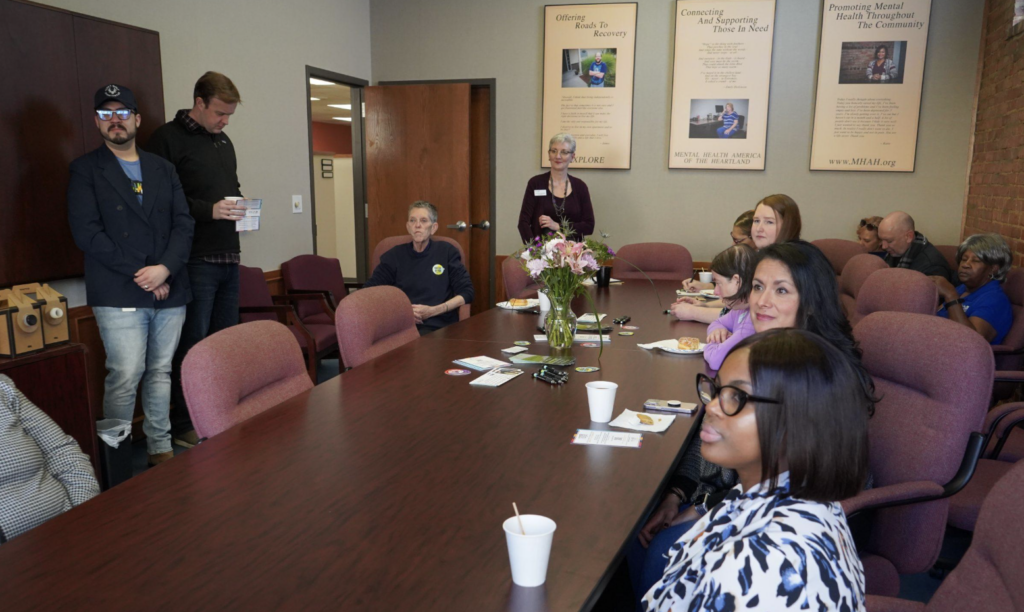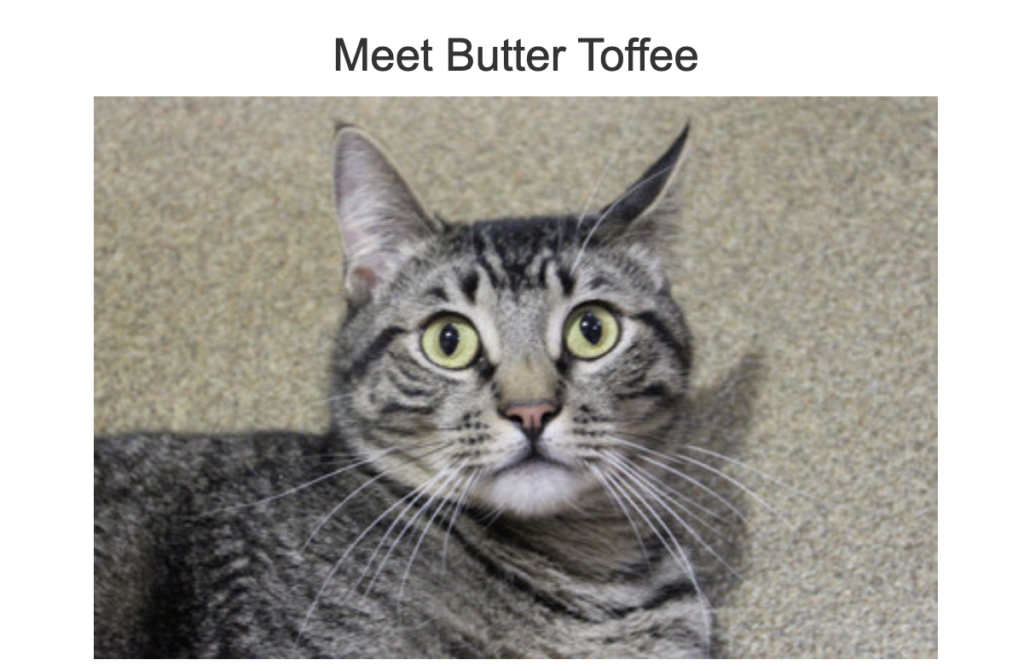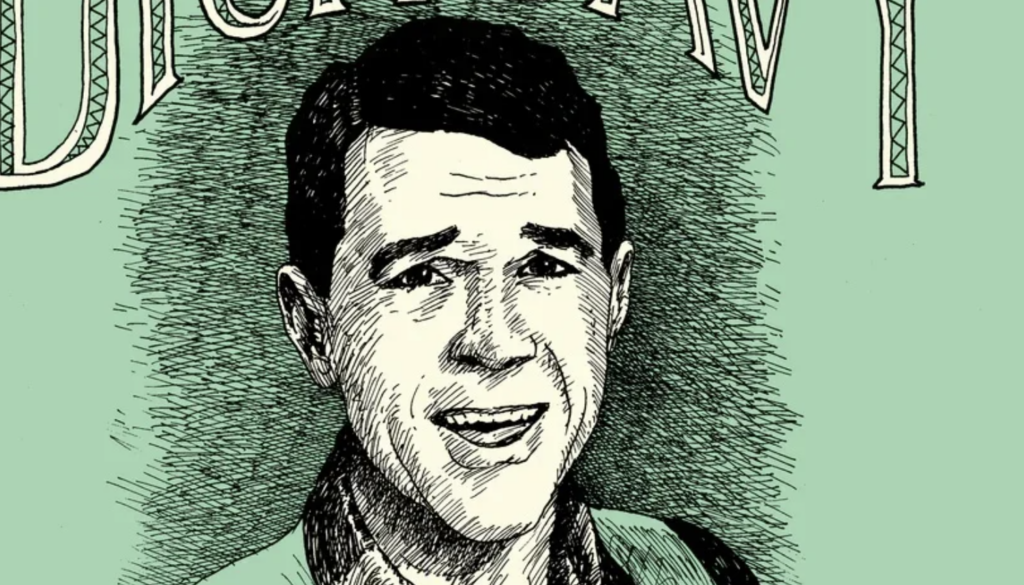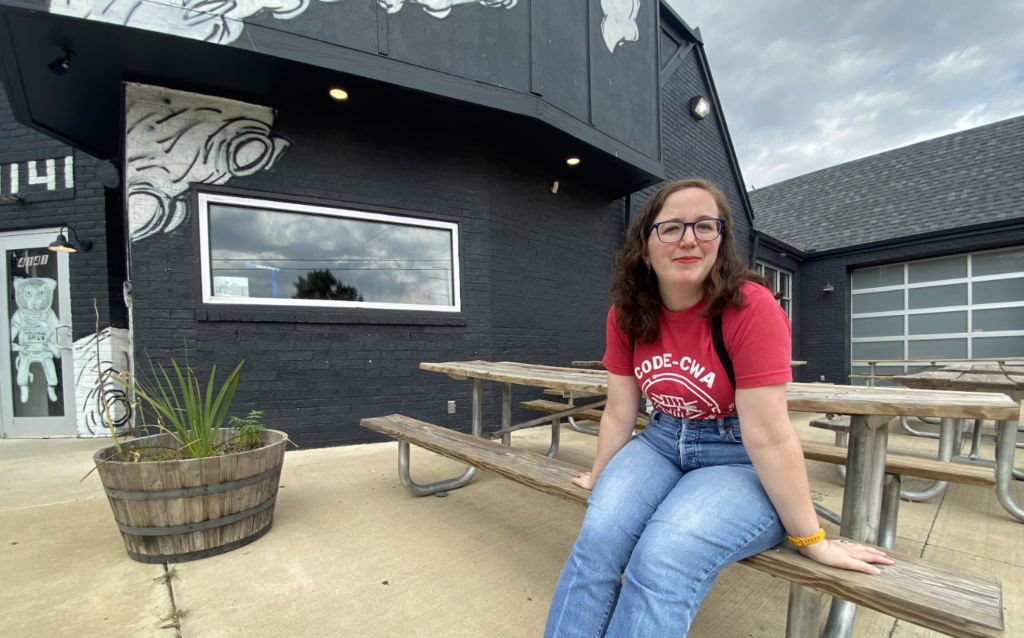Letter from the Editor: More Heisenberg, less Hindenburg
Greetings dearest reader, and welcome to the April 2025 print issue of The Pitch magazine—homegrown right here in Kansas City, USA.
This is the annual 4/20 Mag, where we’ve always taken a brief aside to spotlight one of the great American pastimes: getting absolutely baked and watching cartoons. Hell yeah. This is as close to patriotism as I can feel these days. Good on you, good on all of us, who set aside a few hours to fully mentally clock out from our full-time gig of being stressed to the verge of imploding like a neutron star.
I’ve been thinking a lot about stars—especially orbits. 2025 has been an unyielding series of objects that used to function in harmony slowly crashing into each other—celestial bodies deliberately thrown off their axes smashing into their neighboring planets and suffering extinction-level events.
Late at night, I’ve been swirling with thoughts about a video game from a few years back, called The Outer Wilds. It presents a Zen-adjacent way of looking at our current situation, albeit one with existential stakes.
When this game loads up, your view is of the night sky. You blink and stand up off the ground, where you were apparently taking a nap.
There’s a weird little blue guy sitting nearby, who knows you, and you sit around a campfire and roast marshmallows. He mentions that he’s stoked about how today is your first day as an astronaut, which is how you learn that today you’re going to be an astronaut. You wander through a small town full of other little weird blue alien people—your character is also a weird little blue alien person—and you piece together that you’re an archeologist heading alone into space to solve a cosmic mystery: What happened to the civilization that lived in this galaxy before you got here? There is a bunch of their stuff scattered around, but no one knows what it says, what it does, or why those folks are all dead.
You hop into a little spaceship and head up through the atmosphere. You’re in a galaxy where a number of planets are orbiting a gigantic sun. You can land on any of these orbiting micro-worlds, put on your space suit, and go poking around wherever your sense of adventure takes you.
Then, exactly 22 minutes into your adventure, you hear a gigantic explosion. Looking up, you can see that the sun has exploded. Shortly afterward, you and your entire galaxy are vaporized.
From the dark of nothingness, you suddenly blink. You’re on your back, looking at the stars. When you get up, a weird little blue guy offers you a marshmallow and tells you how excited he is that this is your first day as an astronaut.
The Outer Wilds is unlike most experiences I’ve had in any form of media. It does not hold your hand, it does not tell you what to do next, and it does not tell you if you’re right or wrong about any concepts/conclusions you conjure along your journey. There are no traditional video game elements—You have no enemies to fight or inventory to manage or weapons to use. You just go where you want, speaking to living beings that sit around campfires telling stories, and you think about the dead.
Each time you die and start the time-loop over again—this Groundhog Day you’re stuck in—there are no tools, codes, upgrades, or changes to your galaxy that have carried over. The only thing that matters is your intelligence. You, as a person. What you’ve learned. What you saw yesterday, and what you want to do with that information today.
I’m not just outlining what this game is to point out how strange and special it is—but seriously do play it if you can—but to focus on what it taught me. There’s a reason that The Outer Wilds focuses on the endless expanse of existence but keeps pulling you back to small campfires where you can talk about your ideas with other people. There’s something strong, important, defining, and life-affirming about paying attention. About bearing witness to the world. About following your curiosity and asking “How does this affect other people?” About not bringing a weapon to try to brute-force your way to a solution.
There is something joyful and freeing and equally weighty about paying attention, even when you think there’s no way to stop the world from coming to an end.
Making the choice to observe may be the only thing that changes all of this. Your attention may be the only way out—Not just for you, but for everyone else.
We need to make our lives more Heisenberg principle if we want to prevent the country from going full Hindenburg.
That is part of our mandate here at The Pitch, and strangely, the 4/20 Issue is where I can see one of the best examples.
During my time here, this annual, themed magazine has gone from “Isn’t pot cool?” to “Let’s talk impending legality” to “Here’s how we normalize all of this” to “Wow, the culture (both positive and negative) has sprawled so far and the connective tissue is impossible to picture.” The stories in this mag represent pioneers and normal people whose relationship with a single plant has altered the course of their lives, and the course of untold others. These are glimpses into friends and neighbors with journeys that stretch back decades, but whose impact is changing day by day.
On deadline day for this magazine, we’re still changing stories because the attention The Pitch has placed on them is already pushing progress. Especially when it comes from our reporters—and our columnist Joe Ellett—the mere act of observation is changing the world around us.
That’s a good feeling to take home at the end of the day. I feel lucky to be building a better world. More Heisenberg, less Hindenburg.
Pitch in and we’ll make it through,
Click below to read the April 2025 Issue of The Pitch Magazine:
